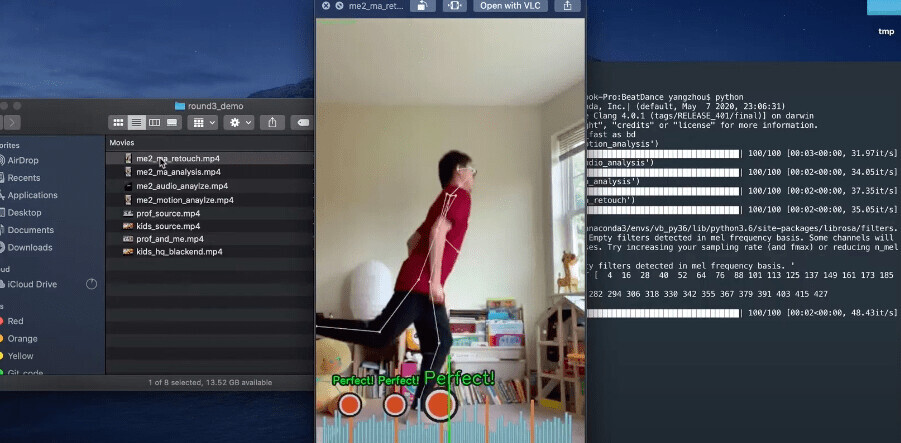
Adobe on Wednesday released a security bulletin addressing a vulnerability in its Reader and Acrobat products discovered and being exploited exactly a week ago. The vulnerability in question could cause a crash of either and software and potentially allow an attacker to take control of the affected system.
If you’re using a PC, there is more urgency for you to update as Adobe confirmed two of the vulnerabilities (CVE-2013-0640 and CVE-2013-0641) are being exploited in the wild in targeted attacks designed to trick Windows users into opening a malicious PDF file attached in an email. That being said, Mac and Linux users are not immune to this flaw, they just simply aren’t being targeted to Adobe’s knowledge.
The security patches are available for both pieces of software on Windows, Mac, and Linux. Here’s the full list of upgrades Adobe is recommending:
- Users of Adobe Reader XI (11.0.01 and earlier) for Windows and Macintosh should update to Adobe Reader XI (11.0.02).
- For users of Adobe Reader X (10.1.5 and earlier) for Windows and Macintosh, who cannot update to Adobe Reader XI (11.0.02), Adobe has made available the update Adobe Reader X (10.1.6).
- For users of Adobe Reader 9.5.3 and earlier 9.x versions for Windows and Macintosh, who cannot update to Adobe Reader XI (11.0.02), Adobe has made available the update Adobe Reader 9.5.4.
- Users of Adobe Reader 9.5.3 and earlier 9.x versions for Linux should update to Adobe Reader 9.5.4.
- Users of Adobe Acrobat XI (11.0.01 and earlier) for Windows and Macintosh should update to Adobe Acrobat XI (11.0.02).
- Users of Adobe Acrobat X (10.1.5 and earlier) for Windows and Macintosh should update to Adobe Acrobat X (10.1.6).
- Users of Adobe Acrobat 9.5.3 and earlier 9.x versions for Windows and Macintosh should update to Adobe Acrobat 9.5.4.
Windows and OS X users can use the product’s update feature (Help => Check for Updates). If you prefer download links, here’s what you need: Windows, Mac, and Linux.
Alternatively, you can switch to another PDF reader or get Firefox 19, which renders all its PDFs in JavaScript.
Image credit: Vangelis Thomaidis
Get the TNW newsletter
Get the most important tech news in your inbox each week.




